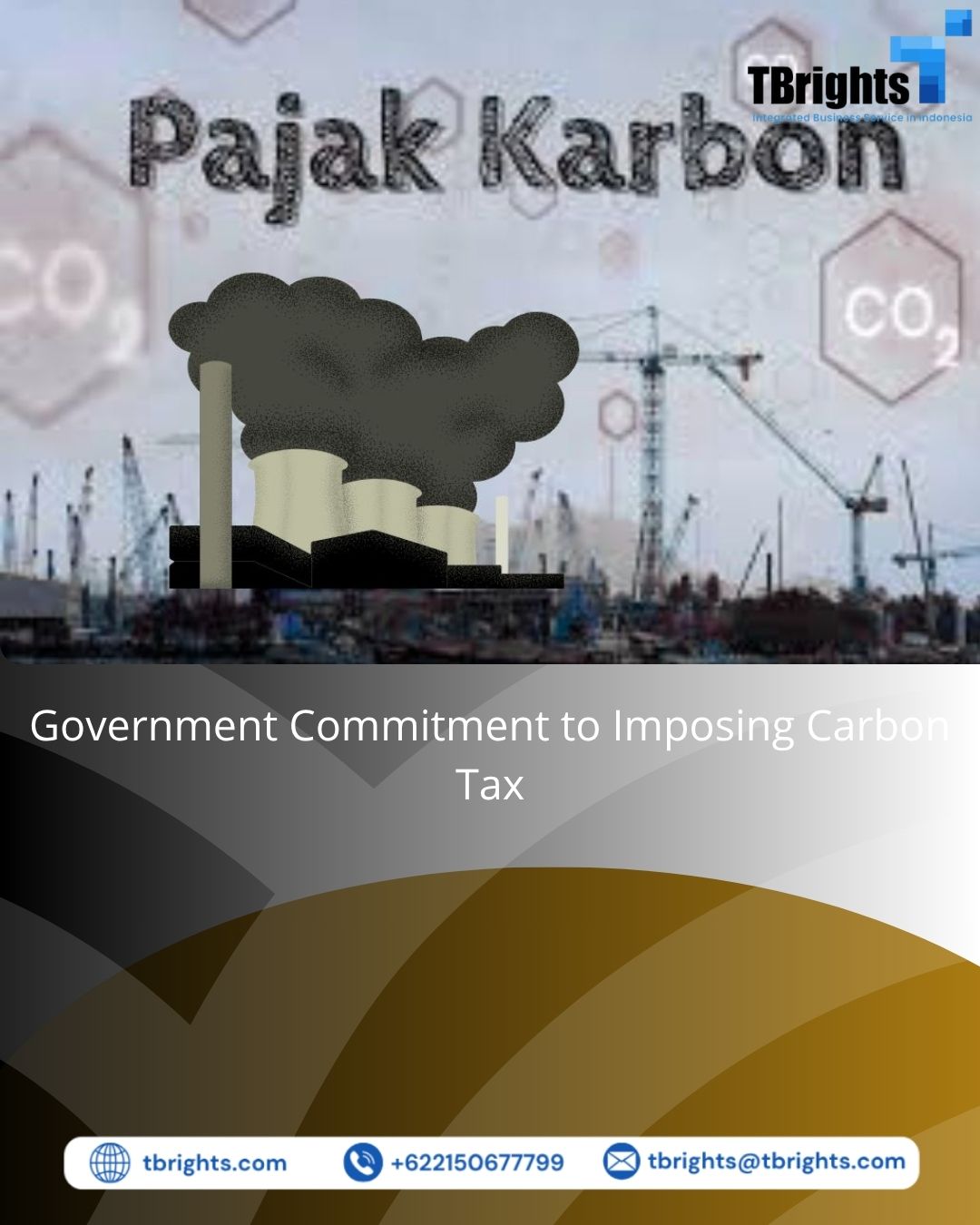On September 15, 2025, the government issued Government Regulation Number 40 of 2025 Concerning Energy Policy. In this regulation, the government aims to regulate net zero emissions, which is the condition of achieving a balance between the amount of greenhouse gas emissions produced and the amount that can be absorbed by the environment and atmosphere to keep global temperature rise below 1.5 degrees Celsius by 2060 through a gradual energy transition.
In article 83 paragraph 1, the government stipulates policies related to primary national energy with supporting policies. One of these policies is the imposition of carbon tax on non-renewable energy, which is carried out gradually with social, economic, and environmental impacts. Government Regulation Number 40 of 2025 emphasizes the government’s commitment to impose a carbon tax on the use of non-renewable energy sources such as fuel oil, natural gas, coal, and others. This regulation is a derivative of Law Number 7 of 2021 concerning Harmonization of Tax Regulations, which targets the power generation, transportation, and other sectors.
In accordance with article 84 paragraph 1, the central government, local government or business entities may also receive incentives or performance-based payments from efforts to reduce greenhouse gas emissions in the energy sector in energy supply and energy use activities through the NEK mechanism. These incentives are given to energy suppliers and energy users in business activities, suppliers, development and use of new, renewable and non-renewable energy. The incentives take the form of income tax, customs, levies, land and building tax, relief, and non-tax state revenue. These incentives are expected to encourage the diversification of energy sources, the development of new, renewable, and non-renewable energy, energy efficiency and conservation, the development and application of low-carbon technology, or energy providers and energy utilization in disadvantaged, frontier, outermost, remote, and small populated islands in accordance with article 67 paragraph 3.
The imposition of carbon taxes is expected to reduce pollution caused by business activities that use non-renewable energy, thereby protecting the environment from carbon pollution.
By Olina Rizki Arizal – Partner
TBrights is a tax consultant in Indonesia that is currently an Integrated Business Service in Indonesia that can provide comprehensive tax and business services.
Reference:
- Government Regulation Number 40 of 2025 Concerning Energy Policy


